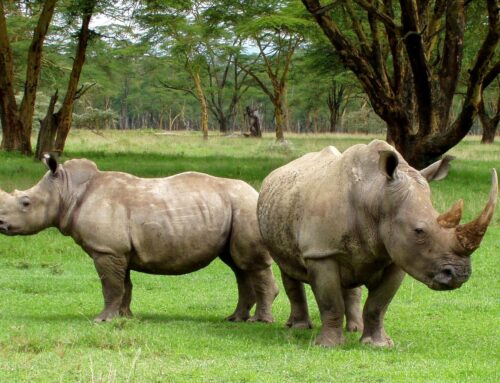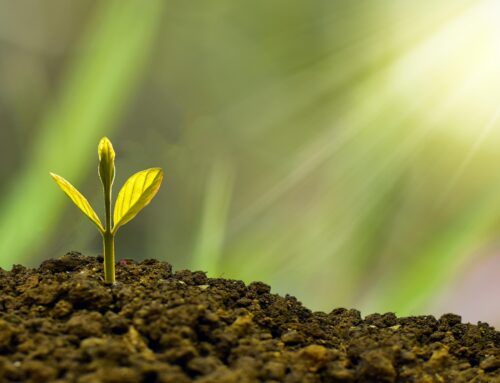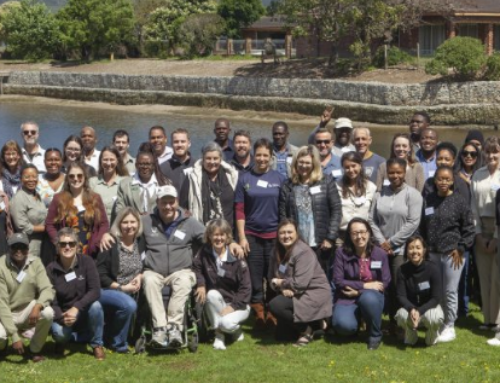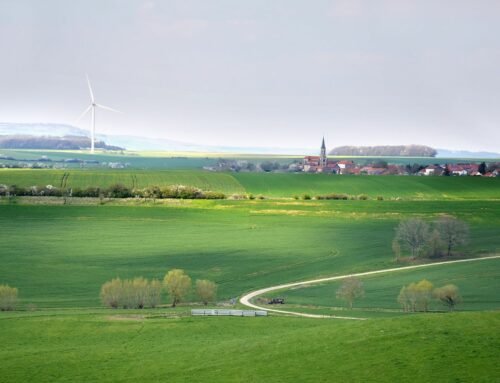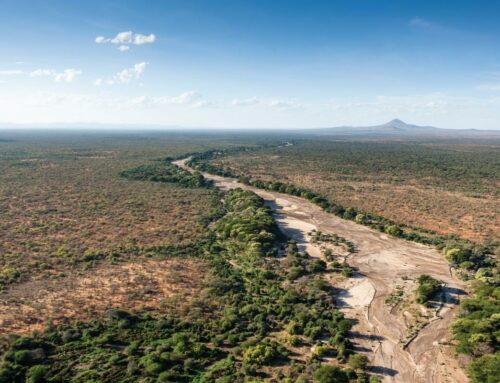Job description
The Copernicus Institute of Sustainable Development at Utrecht University is looking for a Postdoctoral Researcher to join our research project ‘Water-Energy-Food communities in South Africa: multi-actor nexus governance for social justice?’. The project is led by Dr. Marjanneke Vijge, Assistant Professor of Sustainability Governance in the Developing World at Utrecht University, and Prof. Willemien du Plessis, Professor of Law at the North-West University in South Africa. Partners in this project are the University of Groningen, the University of Fort Hare and WWF South Africa.
The project studies the consequences of implementing the so-called water-energy-food nexus, or decision-making around synergies and trade-offs between the use and production of water, energy and food, in South Africa. We focus on social justice questions around whether the nexus can benefit all, who makes decisions and at what level. We study the challenges and opportunities of a socially just nexus implementation from the bottom up, focusing in particular on the role of the poorest and women.
As our new colleague you will analyse how water, energy and food resources are allocated, used and produced at the household and community level in South Africa, how multilevel decision-making on synergies and trade-offs between these resources takes place, and the challenges and opportunities of relevant governance frameworks in advancing social justice.
Research methods include household surveys, focus group discussions and multi-stakeholder workshops and fieldshops in two communities in the Eastern and Northern Cape. In addition to community-level research, you will study the governance of the water-energy-food nexus in South Africa by analysing policy documents and conducting interviews with policymakers at national and subnational levels.
You will be based at Utrecht University and closely collaborate with fellow researchers in South Africa. As long as there are travel restrictions, you will provide training and guidance to researchers in collecting data in South Africa. When it is possible to travel again, you will personally conduct field work in South Africa. Besides conducting research, you will also be partly responsible for the coordination of the project and the organisation of research and outreach activities in South Africa.
Qualifications
Successful candidates have a PhD degree and/or postdoctoral experience in the field of sustainability governance, natural resource management, development studies, human geography or a related field. As our successful candidate, you have experience in qualitative and quantitative research methods such as surveys, focus group discussions, interviews and/or workshops. You are willing to travel to South Africa to conduct field work (if the COVID-19 situation allows), and have experience with field work, preferably at community level and/or in developing countries. You are an independent worker and highly motivated to produce high-impact academic and policy-relevant outputs. Apart from possessing excellent research and academic skills, you need to have strong affinity and/or experience with transdisciplinarity to engage societal actors in research and outreach. Because you will also be involved in the coordination of the project, you need to possess strong organisational, coordination and communication skills and be a good team player with affinity to work in an international research environment.
Offer
We offer a temporary position (1.0 FTE), initially for a period of one year. In case of good performance, the contract will be extended with another two years to a total of three years. The gross salary – depending on previous qualifications and experience – ranges between €2,790 and €3,746 (scale 10.0 – 10.7 according to the Collective Labour Agreement Dutch Universities) per month for a full-time employment. Salaries are supplemented with a holiday bonus of 8% and a year-end bonus of 8.3% per year. In addition, Utrecht University offers excellent secondary conditions, including an attractive retirement scheme, (partly paid) parental leave and flexible employment conditions external link (multiple choice model). More information about working at Utrecht University external linkcan be found here.
About the organisation
A better future for everyone. This ambition motivates our scientists in executing their leading research and inspiring teaching. At Utrecht University external link, the various disciplines collaborate intensively towards major societal themes. Our focus is on Dynamics of Youth, Institutions for Open Societies, Life Sciences and Sustainability.
Utrecht University’s Faculty of Geosciences external linkstudies the Earth: from the Earth’s core to its surface, including man’s spatial and material utilisation of the Earth – always with a focus on sustainability and innovation. With 3,400 students (BSc and MSc) and 720 staff, the faculty is a strong and challenging organisation. The Faculty of Geosciences is organised in four Departments: Earth Sciences, Human Geography & Spatial Planning, Physical Geography, and Sustainable Development.
Institutionally, the successful candidate will be affiliated with the Environmental Governance group, one of the five sections of the Copernicus Institute of Sustainable Development external linkthat is part of the Faculty of Geosciences. The Environmental Governance group is a dynamic, ambitious and internationally leading team of over sixty researchers (including 30 PhD students) with a focus on fundamental and policy-oriented research of governance processes, from the local to the global level.
The Copernicus Institute of Sustainable Development has been evaluated in a 2014 international review as the highest ranked research institute in environmental and sustainability sciences in the Netherlands. Since then, the institute has intensified its efforts in maintaining its leading position by investing in numerous international faculty appointments and developing new, internationally oriented teaching programmes. The Copernicus Institute also houses the International Project Office of the Earth System Governance Project, which is the largest social science research network in the area of governance and global environmental change.
Utrecht University, founded in 1636, is one of the leading research universities in Europe, with particular strengths in sustainability sciences. The university has been listed as the best Dutch university in the Academic Ranking of World Universities for more than a decade. In geography and public administration, Utrecht University has been ranked as the 3rd best university worldwide in 2020. According to the Times Higher Education World University Rankings, Utrecht University’s research in the field of climate change and ecosystems has the greatest impact in the world.
The city of Utrecht is one of the oldest cities in the Netherlands, with a historic centre and an internationally oriented culture that is strongly influenced by its centuries-old university. Utrecht has been consistently ranked as one of the most liveable cities in the Netherlands, and is well-connected to local and international transport hubs.
Additional information
For more information about this position, please contact:
Dr. Marjanneke Vijge external link(Assistant Professor), via m.j.vijge@uu.nl external linkor +31 6 10 81 01 91.
Apply
Everyone deserves to feel at home at our university. We welcome employees with a wide variety of backgrounds and perspectives. To apply, please send your curriculum vitae, including a letter of motivation via the ‘apply’ button below.
Please include the following in your application:
1) a motivation letter explaining your interest and suitability for the position;
2) a full curriculum vitae (CV), which includes a list of publications;
3) the contact details of three references.
The application deadline is 17 June 2021.



